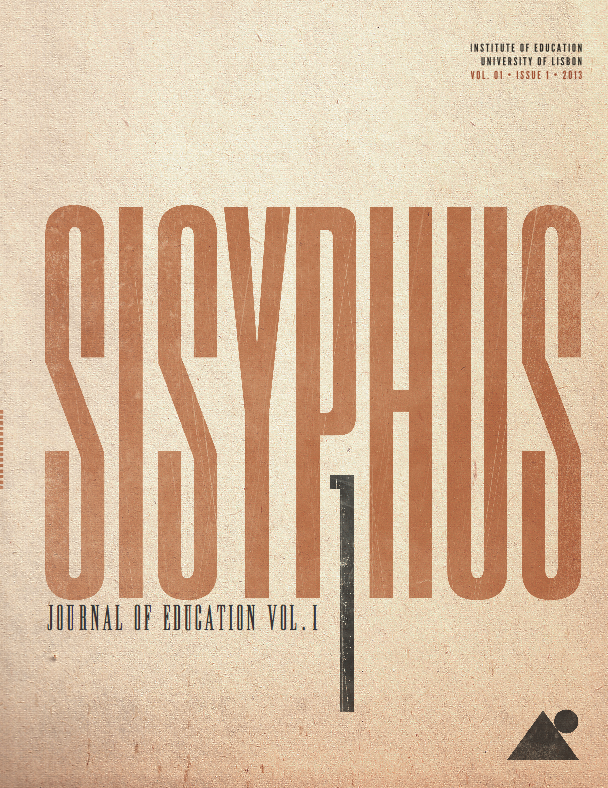Governing Education, Governing Europe? Strengths and Weaknesses of the Lisbon Model
DOI:
https://doi.org/10.25749/sis.2830Palabras clave:
EU, Higher education, Lisbon agenda, Open Method of Coordination, Policy processResumen
The weaknesses of the Lisbon model of governance, as exemplified by the intergovernmental open method of coordination, has been widely aired in the literature. This paper suggests in contrast that there are strengths in this form of policymaking for strategic ends, and when applied to nationally sensitive policy domains. An examination of OMC-education throughout the Lisbon decade shows the evolution of policy-making through Lisbon 1, Lisbon 2 and Europe 2020, finding that the ‘governance architecture’ has been stabilised and the policy domain of education enriched by a balance between social dimension and competitiveness. The paper suggests however by way of conclusion that the outlook for the Lisbon model is now suspended on the outcome of the institutional upheaval being played out in the EU as a consequence of the economic crisis, and which demands democratic solutions.
Descargas
Descargas
Número
Sección
Licencia
Copyright (c) es propiedad de Sisyphus – Journal of Education. Sin embargo, alentamos que los artículos publicados en la revista se publiquen en otro lugar, siempre que se solicite el permiso de Sisyphus y los autores incorporen nuestra cita original y un enlace a nuestra página web.
Política de Autoarchivo
Los autores pueden autoarchivar la versión final publicada de sus artículos en repositorios institucionales, temáticos o páginas web personales e institucionales.
Suscriptor de DORA
El Instituto de Educação de la Universidade de Lisboa, editor de Sisyphus, es uno de los suscriptores de la Declaración de San Francisco sobre la Evaluación de la Investigación (DORA).





